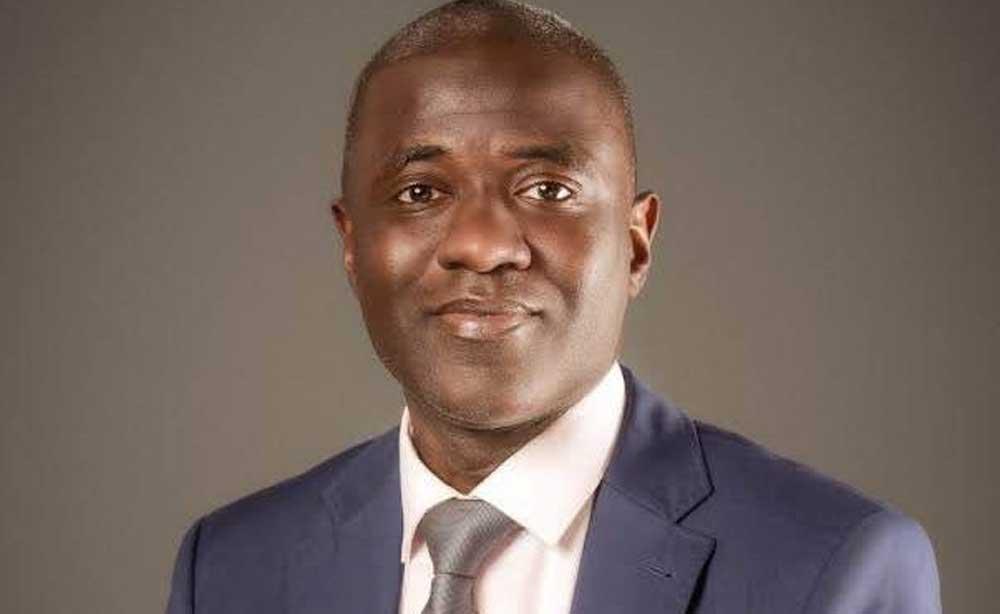
Indonesia, Southeast Asia’s largest digital economy by population, aims to become a major tech player in the region. Under President Prabowo’s leadership, the government has pledged to boost the data centre sector to support digital transformation and grow a tech-driven economy. Despite this vision and strong market potential, Indonesia still lags behind regional leaders like Malaysia and Singapore in infrastructure and investment.
As of mid-2024, Indonesia’s total data centre capacity was 202 megawatts (MW), while Singapore had reached 973 MW. In terms of facilities, Indonesia has 430 data centres, compared to Malaysia’s 532 and Singapore’s 717. These figures show a clear infrastructure gap that may hold back Indonesia’s digital ambitions.
Several challenges have slowed the growth of the industry. A key issue is bureaucratic delays. Unlike Singapore and Malaysia, where processes for investment approval are streamlined, Indonesia lacks a single-window clearance system. Investors must deal with multiple agencies, creating confusion and uncertainty.
Tax policies also remain a concern. While Malaysia offers tax breaks and exemptions to attract foreign investors, Indonesia’s tax system is often unclear and slow to provide needed relief for companies building large-scale data centres.
Energy costs are another barrier. Data centres use a lot of electricity, and in Indonesia, power rates range from $0.11 to $0.12 per kilowatt-hour. In Malaysia, it’s around $0.08. Each megawatt of capacity requires $10–11 million in capital, so the higher electricity costs can discourage investment.
Infrastructure beyond power is also weak. In many parts of the country, underground internet cabling is lacking, making systems vulnerable to disruptions from weather or natural disasters.
Regulatory uncertainty adds to the problem. Although ISO 27001 certification is now required, there are no clear rules for cloud data storage, disaster recovery, or redundancy—issues that investors care about.
Still, Indonesia has local advantages. Local providers understand regional needs and offer faster customer service than global players. They are also well-positioned to serve the growing number of digital businesses that have emerged after the pandemic.
Experts believe that with better policies and stronger infrastructure, Indonesia’s data centre sector could grow rapidly. Simplifying tax laws, lowering energy costs, and investing in digital skills will be key steps. Talks with Google and other global firms suggest there is interest, but serious reforms are needed to close the gap with regional rivals.
Technology

Tanzania Blocks Access to X Over Pornography and Security Concerns
Tanzania has blocked access to the social media platform X, formerly known as Twitter, citing concerns over pornographic content that violates the country's cultural and legal standards.

NCC Orders Telcos to Notify Nigerians of Major Network Outages
Telecommunication companies in Nigeria must now inform customers in advance about major service disruptions on their networks.

Nigeria Approves Launch of Four Satellites for Security, Earth Monitoring
Nigeria will launch four new satellites to support Earth observation and enhance national security efforts, according to Uche Nnaji, the Minister of Innovation, Science, and Technology.